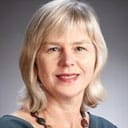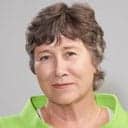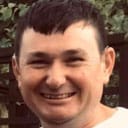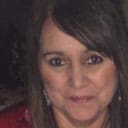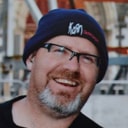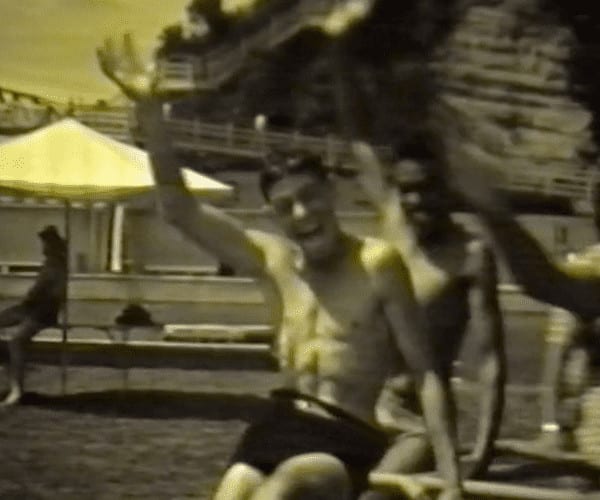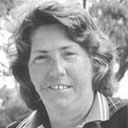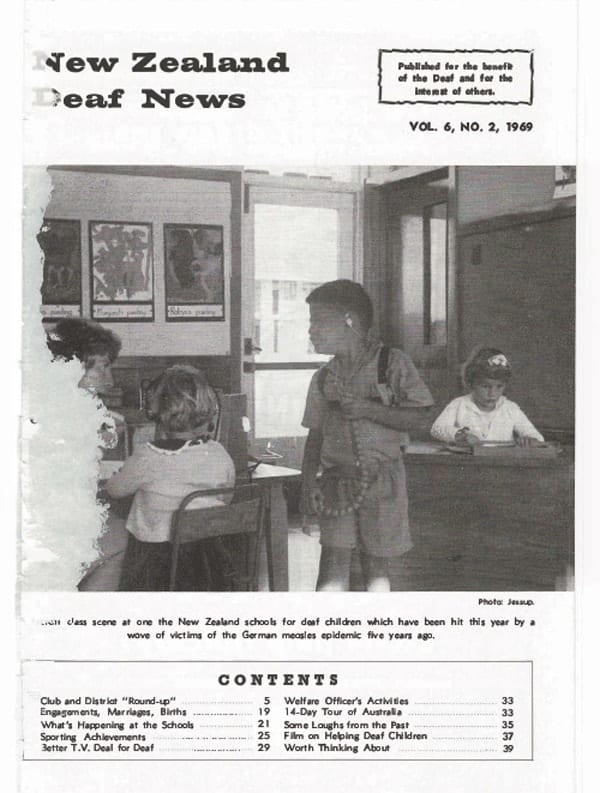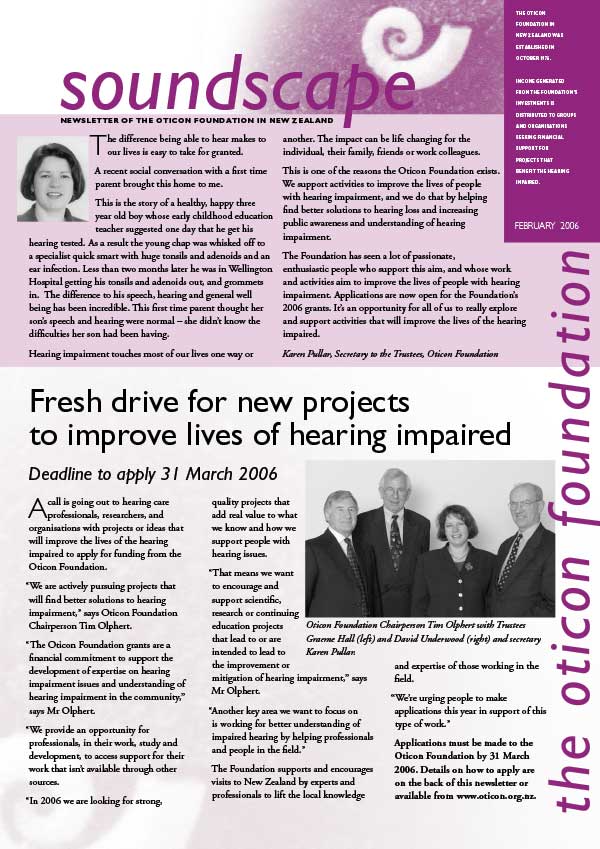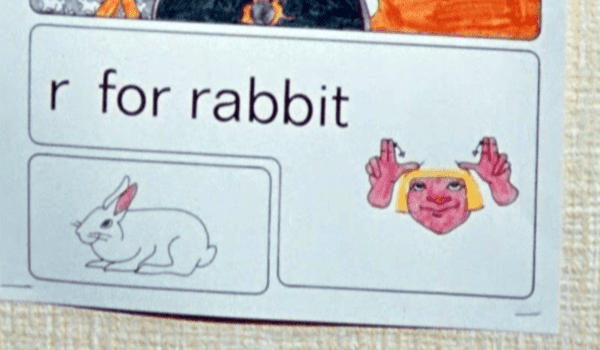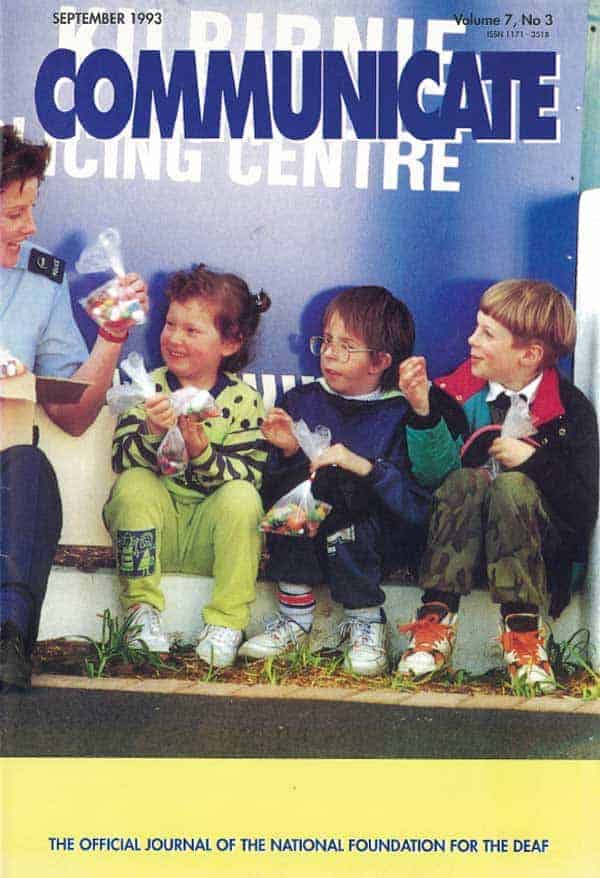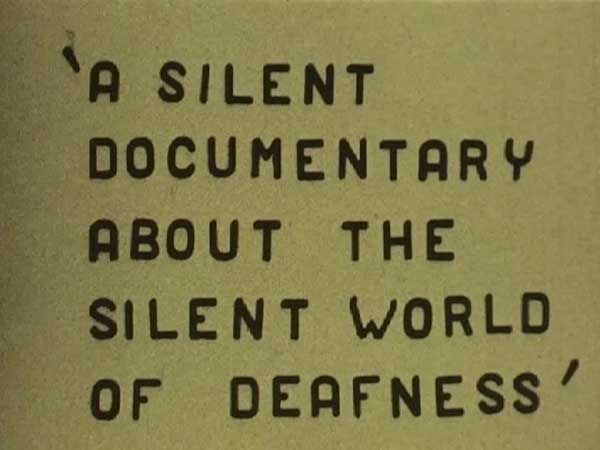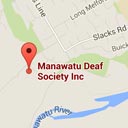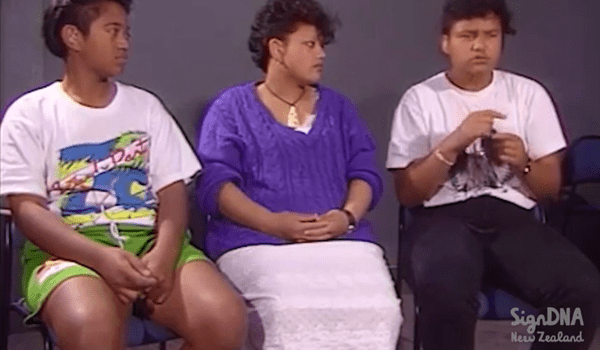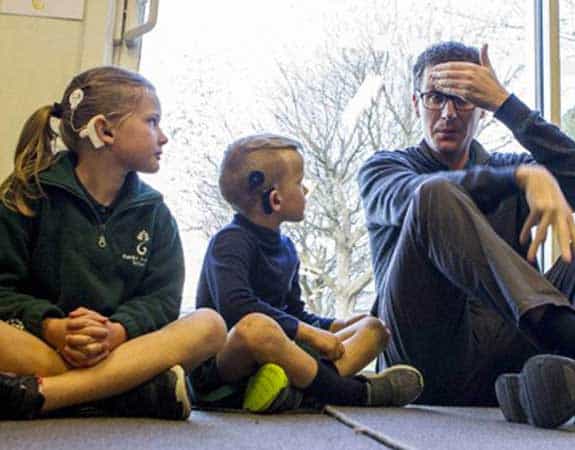In 1994, Frontline - a primetime current affairs show, investigated why many Deaf people felt they had been failed by the education system, where it was estimated that 80% of Deaf Association of New Zealand’s clients had low literacy, with around 60% being unemployed. Steve Hooker says he feels he has been unable to be truly himself, due to society manipulating him to “fit in” with the majority. Lyneen Allen openly shares how her English literacy is not as good as it could be, due to her barriers in the education sector and subsequently, have had experienced lowly-paid jobs.
We see glimpses of the oralism method taught at van Asch Deaf Education Centre, then called Sumner School for the Deaf, particularly their focus on teaching the Deaf students to lipread and speak, believing this alone would enable them to participate independently in a hearing world. However, 100 years on, it is evident this system failed, with many Deaf unable to speak clearly or read and write, and had menial jobs upon finishing school. To counter this, Total Communication was introduced into schools at the end of the 1970s, which is based on English. However many opposed this as it was unnatural, and still relied on the user to have a good grasp of English in the first place. Two mothers share their experiences of their children being in a mainstreamed education environment and how - even with support - it still does not fully meet the needs of their Deaf children.
The group of Deaf adults share their own experiences of being mainstreamed too, how they did not like feeling being made to fit into the majority. Lyneen Allen sums up the feelings of the Deaf group perfectly, by appealing for decision-makers to “please listen to us”.
In Sydney, we take a look at a school that is trying a new way of Deaf education, in response to similar concerns of Deaf Australians and their allies, where they are first learning new concepts in their natural language - Auslan - then learning the same concept in English later on. At Kelston Deaf Education Centre, Bea Nuttall is leading the pilot bilingual programme where NZSL is being used as the first language of instruction. However, not everyone agrees with the philosophy of teaching NZSL first - with that view mostly driven by parents of Deaf children, who are hearing themselves. Most Deaf children have hearing parents. Those parents feel that Deaf children need to have good spoken and written English skills so they can easily fit into society and get good jobs.

